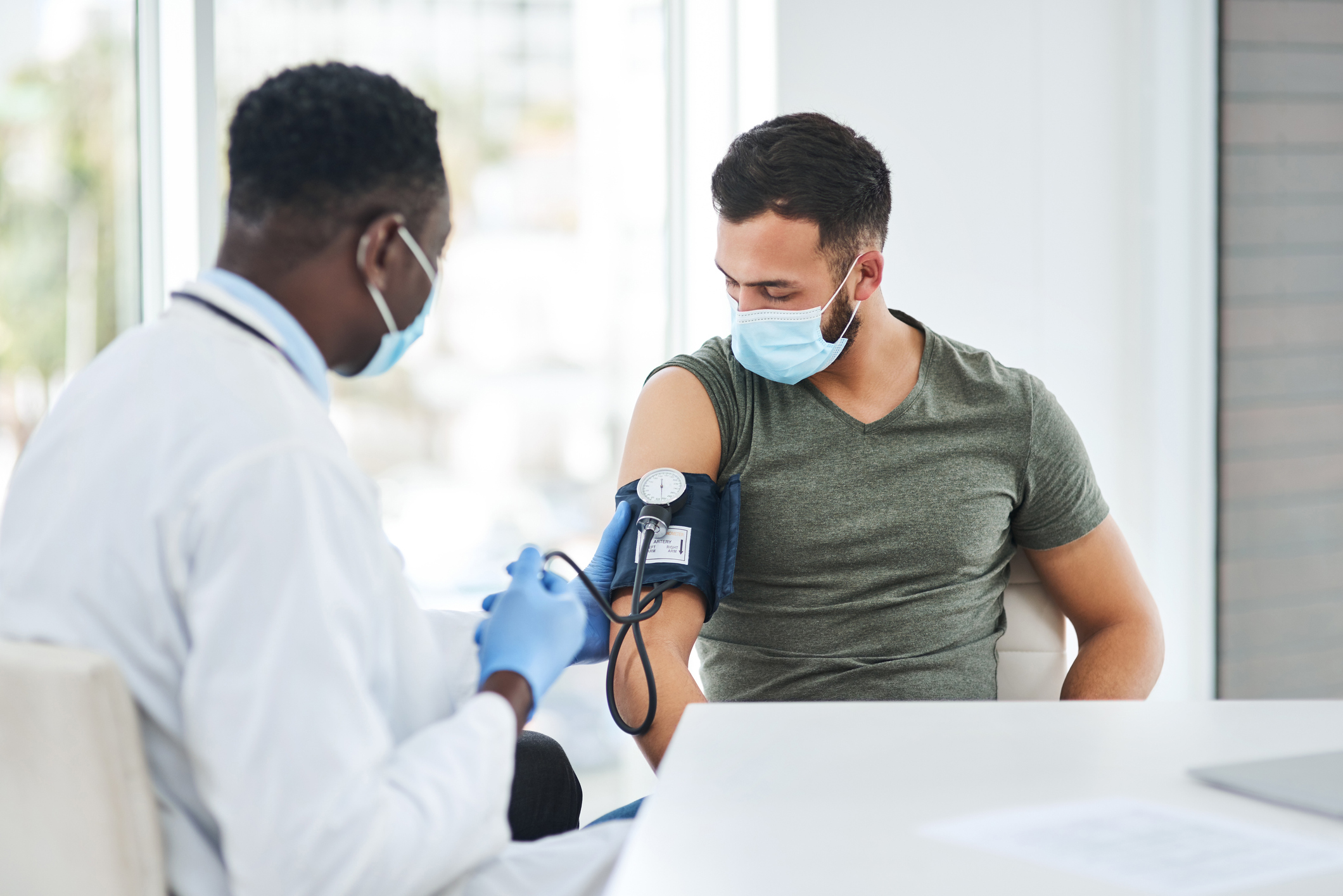Preventive screenings are key to identifying and addressing potential health issues early. While many people may have delayed procedures like these during the pandemic, now is the time to prioritize your health and schedule any screenings you may be due for. Getting you and your family back on track with your preventive health will help ensure your well-being now and into the future.
The What and When of Screenings
The types and frequency of screenings can vary depending on your sex, age and individual risk factors, and should be discussed with your healthcare provider. However, there are some general guidelines as to when you should first be screened for some common conditions, as well as how often to be screened. These are just a few of the screenings recommended for most people:
- Colorectal Cancer – Your first screening is generally at age 45, but it may be sooner based on your family history. Frequency will be determined by family history as well as the results of your first screening.
- Breast Cancer – Most women get their first mammogram at age 50, with follow-up screenings every two years. However, depending on your risk factors, your doctor may recommend starting earlier.
- Blood Pressure – Irregular blood pressure can indicate any number of potential issues, so staying on top of your numbers is important. For those 40 or over, or if you have any risk factors, get screened annually. Anyone younger without increased risks can get checked every three to five years.
- Cholesterol – Most people can get their cholesterol checked every four to six years, but talk with your doctor in case you have any risk factors that would increase the frequency.
There are a number of other recommended screenings to discuss with your healthcare providers, including eye exams, skin cancer checks, and more. Review the lists linked below for more information:
Insurance Coverage for Screenings
Keep in mind that most preventive screenings are required to be covered by your healthcare insurance at no cost to you. This includes those screenings recommended by the U.S. Preventive Services Task Force with an A or B grade, along with routine vaccinations. It is always suggested to check with your insurer, provider, or a healthcare advocacy or navigation resource before any procedure to confirm it is covered, but most preventive screenings are included in the majority of health plans. For more information, review this Centers for Disease Control and Prevention page.
Preventive health screenings can help keep you and your family healthy and even save lives. Contact your healthcare provider to see when it is best for you to be screened and schedule your screenings today.



